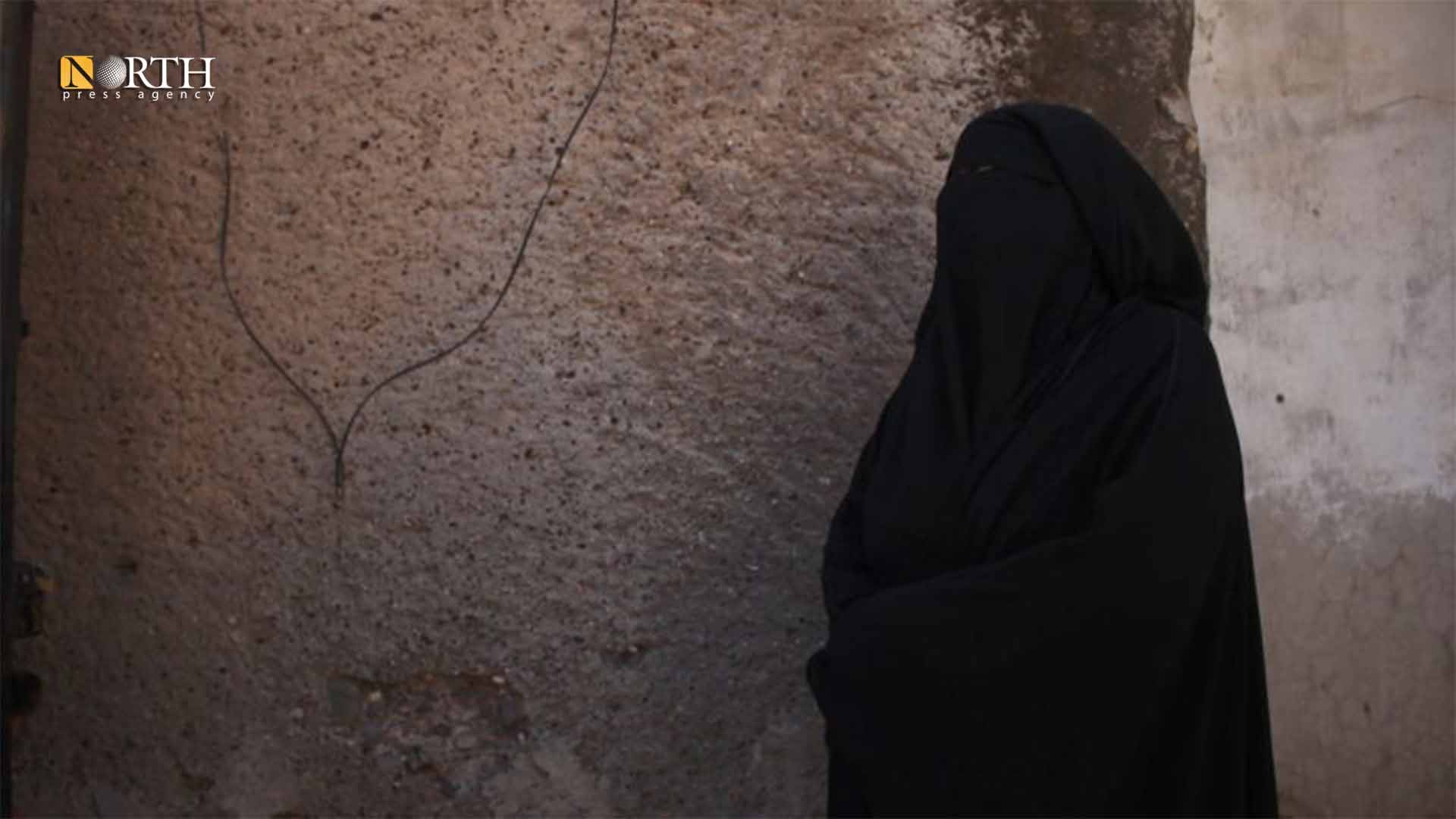Women leaving Syria’s Hawl Camp need rehabilitation
RAQQA, Syria (North Press) – The rehabilitation and integration of women leaving Hawl camp requires seriousness from decision-makers and society, a feminist activist in the city of Raqqa, north Syria, said on Sunday.
Most of the women of the families leaving Hawl camp, northeast Syria, who settled in Raqqa and its countryside complain about the lack of income and the absence of relief aid for them, which may push them to extremism again, according to tribal sheikhs in Raqqa who guarantee those women.
Ilham Abdullah, an feminist activist in Raqqa, said, civil society, actors and organizations active in women affairs in Raqqa, are calling for a bold step to rehabilitate the women of the Islamic State (ISIS) who are leaving the camp.
She told North Press that the difficulties these women faced are no less than what they had faced in the camp, especially since the community around them did not stop of calling them ISIS and did not accept their children.
A large percentage of those women are widows and without a breadwinner, job or income to meet their needs, and they are isolated from society. This isolation left them in extremism and lack of integration, according to Abdullah.
The real support, according to the activist, includes setting up productive projects that contribute to their development, in addition to organizing systematic psychological support and social awareness training to reintegrate them to get rid of the extremist organization’s ideology.
She considered that most of these women have no fault for what happened.
She pointed out that society’s neglect of this social group of women and children makes this problem aggravate little by little with the passage of time, and there must be attentive ears to solve it.
It was not noticed that programs dedicated to the rehabilitation of ISIS women had been launched in the region, and the efforts of some organizations were limited to awareness sessions that did not reach the level of rehabilitation after they had gone through this experience, Abdullah noted.
About 1,226 families, around 4,549 people, left Hawl Camp under a Syrian Democratic Council (SDC) initiative which was launched to evacuate Syrian nationals from the camp.
Since October 2020, 19 groups have left Hawl Camp after the Executive Council of the AANES decided to evacuate the camp of Syrian families wishing to leave.
Hawl Camp is known as a ticking time bomb due to the presence of extremists of ISIS wives and children, and tens of thousands of their supporters in a camp sometimes described as the most dangerous camp in the world.

